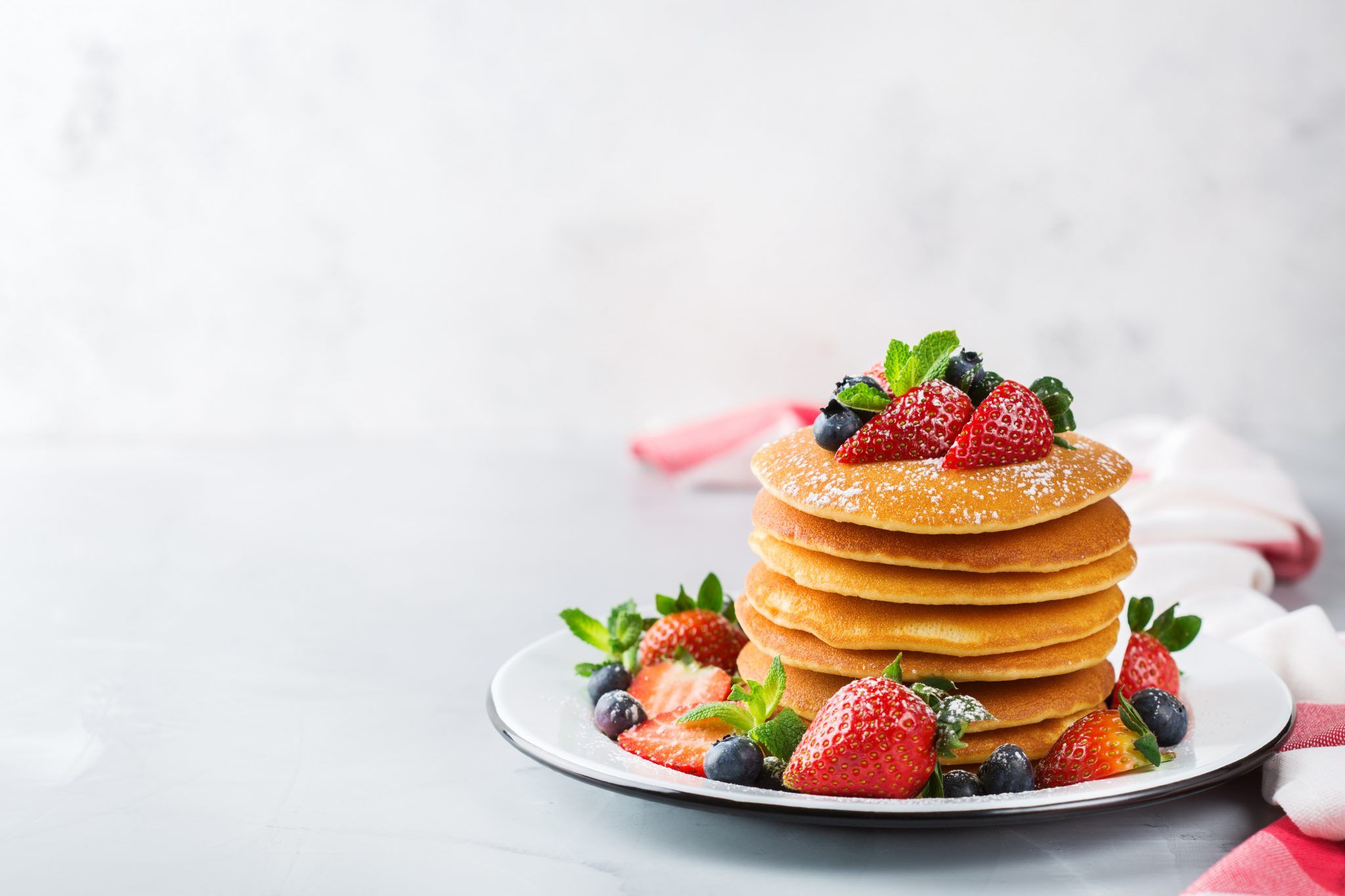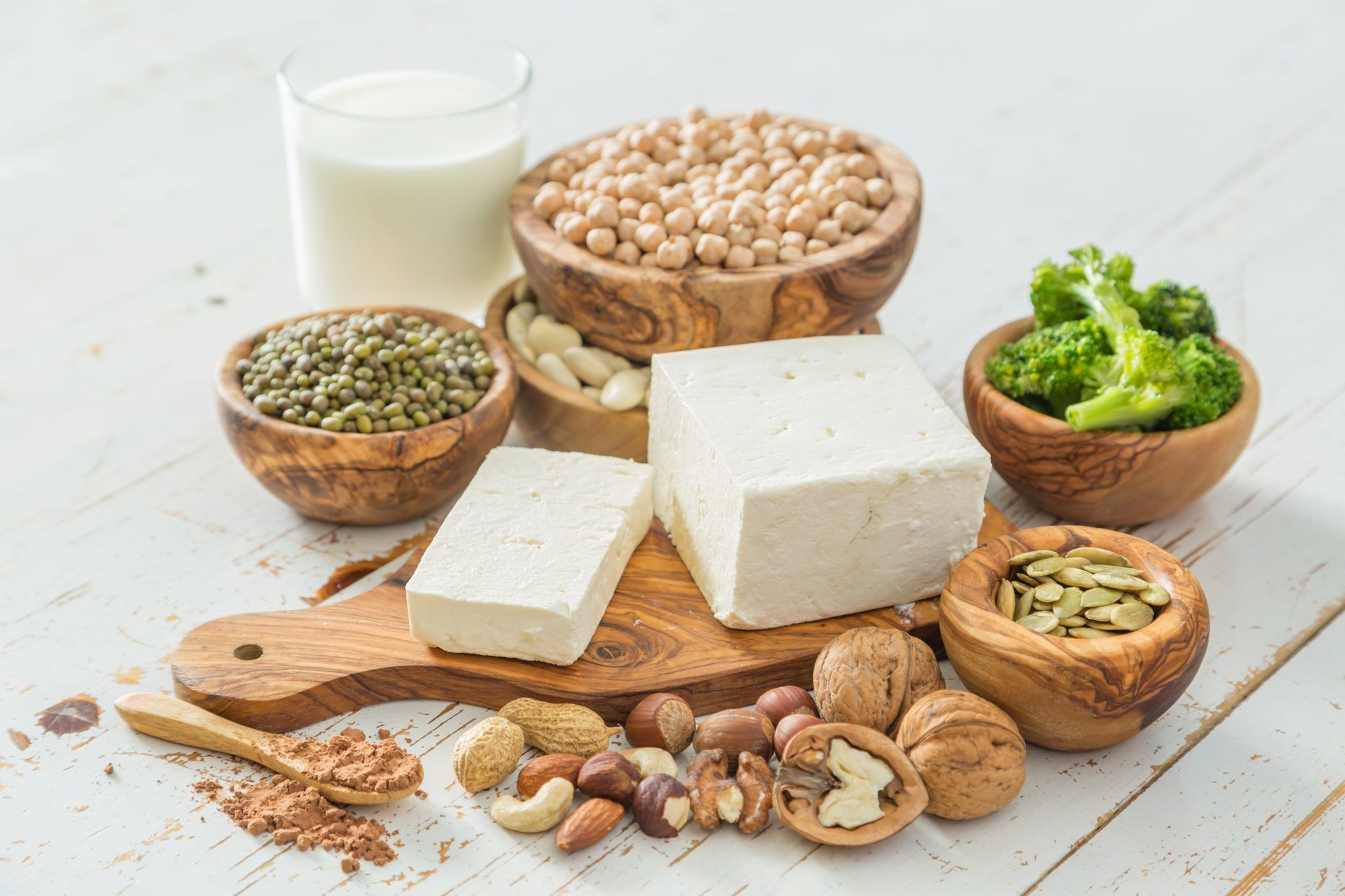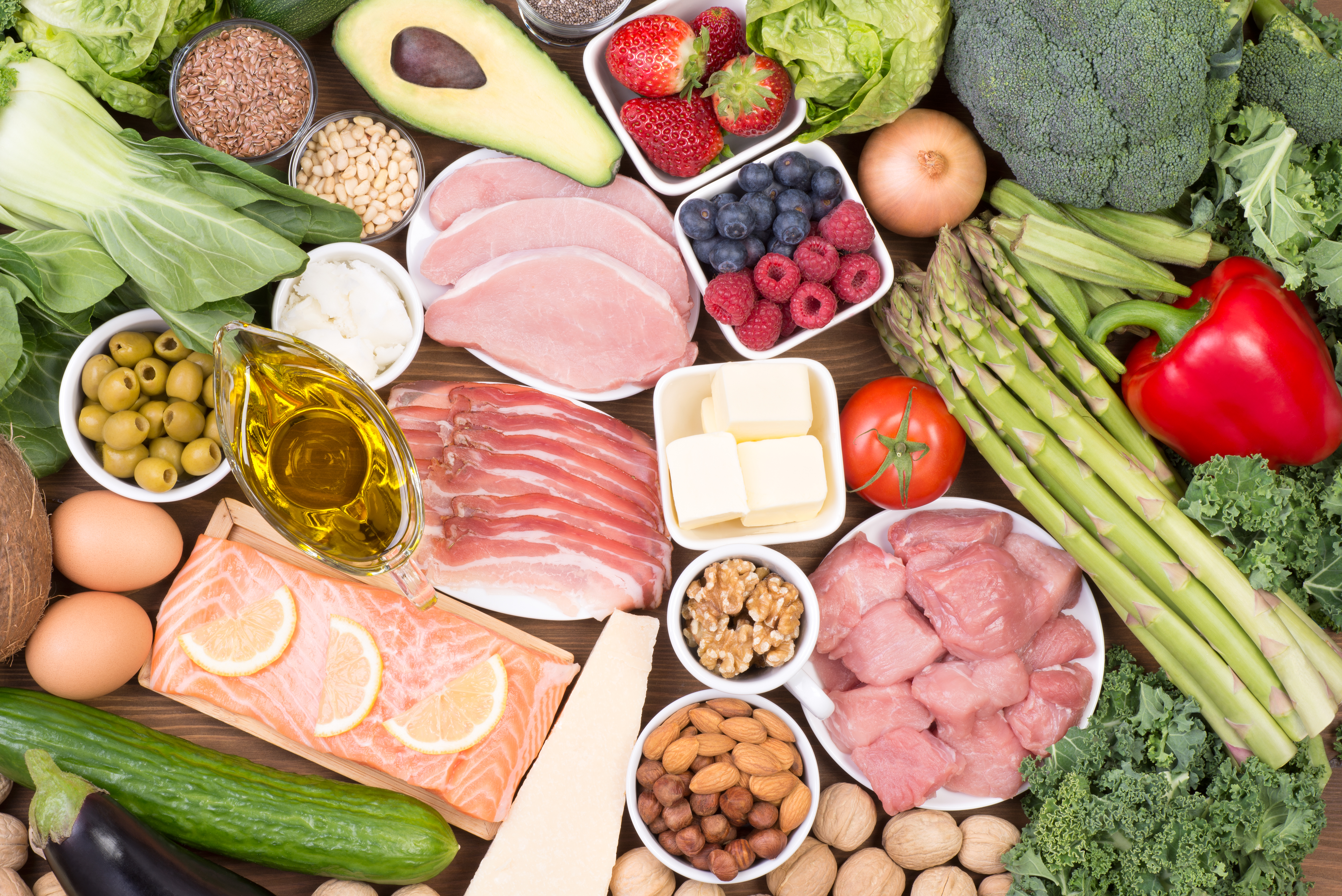Each day, Europe's elite rugby players put away a huge amount of food
Ahead of this weekend's Champions Cup Final, we spoke to a nutritionist from the two clubs in action - Saracens and Leinster Rugby.
Fuelling the two best clubs in Europe is a difficult task, but one that Daniel Davey and George Morgan are responsible for.
[caption id="attachment_230988" align="alignnone" width="2048"]
 Saracens' squad boasts England stars Maro Itoje and Owen Farrell (Photo by David Rogers/Getty Images)
Saracens' squad boasts England stars Maro Itoje and Owen Farrell (Photo by David Rogers/Getty Images)[/caption]
Leinster's Davey explains, among other things, how he handles vegetarians and the differences a player's position makes. Saracens nutritionist Morgan provided a full game day diet plan that you won't find anywhere else.
JOE: How does a top rugby player's diet differ from that of the average person?
Davey: "A rugby player will have different needs depending on if it's a game day, training day or rest day. On an average day, a rugby player at Leinster will be looking to meet those energy levels over six meals in the day with the average player looking to consume around 3500 calories a day with the larger players taking on up to 4-5000 calories a day".
This is obviously very different to the average person's recommended 2000 calorie diet.
How does a match day meal plan differ to a less intense day's diet?
"The big difference is the need for carbohydrate intake. If the players are doing a demanding, high intensity session then more carbs will be required - which they will get from foods such as fruit, porridge, potatoes etc.
"We've seen a big change in culture and tradition around match day. Our players are now eating less on game day with smaller, lighter pre-match meals. There is now more emphasis on the pre-game day fuel up period."
[caption id="attachment_230991" align="alignnone" width="2048"]
 Pancakes with syrup and fruit are a familiar feature of game day diets
Pancakes with syrup and fruit are a familiar feature of game day diets[/caption]
Does a player's position alter their nutrition plan?
"The difference in player weight ranges from 80kg for a scrum half, to some of the props who can be 125kg - so the position definitely affects nutrition in terms of calories and macro-nutrient needs.
"A scrum half for example will be covering high intensity, high volume, high distance so carbohydrate needs will be more significant and contribute greater to energy intake. Whereas larger players will have bigger contribution from healthy fats and as much as 250g of protein."
Are there any vegetarian or vegan players you look after? If so, how do you ensure they get enough protein?
"We have one pescatarian at Leinster, but there are plenty of ways they can get enough protein. They understand that they can get higher protein intake from plant-based foods such as beans, lentils, tofu, nuts and seeds along with the Optimum Nutrition Gold Standard Plant protein supplement."
[caption id="attachment_230993" align="alignnone" width="2048"]
 Vegans can combine beans, lentils and tofu in order to get enough protein
Vegans can combine beans, lentils and tofu in order to get enough protein[/caption]
In your view is there such a thing as a 'superfood'?
"There are foods with very different nutrient values and foods with varying antioxidants and minerals, but I would never categorise any food as a superfood and put it above another. Variety is the most important thing."
Would you recommend the Keto Diet for athletes or people strength training?
"No. Keto has its place for certain health conditions, but there is not enough evidence to suggest it improves performance."
[caption id="attachment_222007" align="alignnone" width="4500"]
 The Ketogenic Diet has not been found to boost sports performance
The Ketogenic Diet has not been found to boost sports performance[/caption]
Game day diet plan from Saracens nutritionist George Morgan
- Breakfast: large bowl of porridge with milk, banana on a white bagel with honey. Diluted fruit juice or a banana-based smoothie
- Mid-morning snack: sliced turkey wrap, Greek yogurt with red berries. Water with electrolyte tablet or a whey protein fruit smoothie
- Pre match meal: sliced Chicken breast, spaghetti with tomato sauce, sweet potato. Scotch pancakes with syrup and berries and water with electrolytes
- Pre-game in the changing room: Optimum Nutrition Amin.o. Energy, jelly babies, banana, sliced fruit bread and water
- Post-game: whey protein shake with a fruit smoothie containing tarte cherry juice
- Post-game meal: beef chilli with potato wedges, rice, flatbread and green salad. Water with added electrolytes
- Pre-bed snack: casein protein with milk and banana smoothie
Optimum Nutrition are proud to supply nutrition to Leinster and Saracens rugby clubs. 


 Saracens' squad boasts England stars Maro Itoje and Owen Farrell (Photo by David Rogers/Getty Images)[/caption]
Leinster's Davey explains, among other things, how he handles vegetarians and the differences a player's position makes. Saracens nutritionist Morgan provided a full game day diet plan that you won't find anywhere else.
Saracens' squad boasts England stars Maro Itoje and Owen Farrell (Photo by David Rogers/Getty Images)[/caption]
Leinster's Davey explains, among other things, how he handles vegetarians and the differences a player's position makes. Saracens nutritionist Morgan provided a full game day diet plan that you won't find anywhere else.
 Pancakes with syrup and fruit are a familiar feature of game day diets[/caption]
Pancakes with syrup and fruit are a familiar feature of game day diets[/caption]
 Vegans can combine beans, lentils and tofu in order to get enough protein[/caption]
Vegans can combine beans, lentils and tofu in order to get enough protein[/caption]
 The Ketogenic Diet has not been found to boost sports performance[/caption]
The Ketogenic Diet has not been found to boost sports performance[/caption]